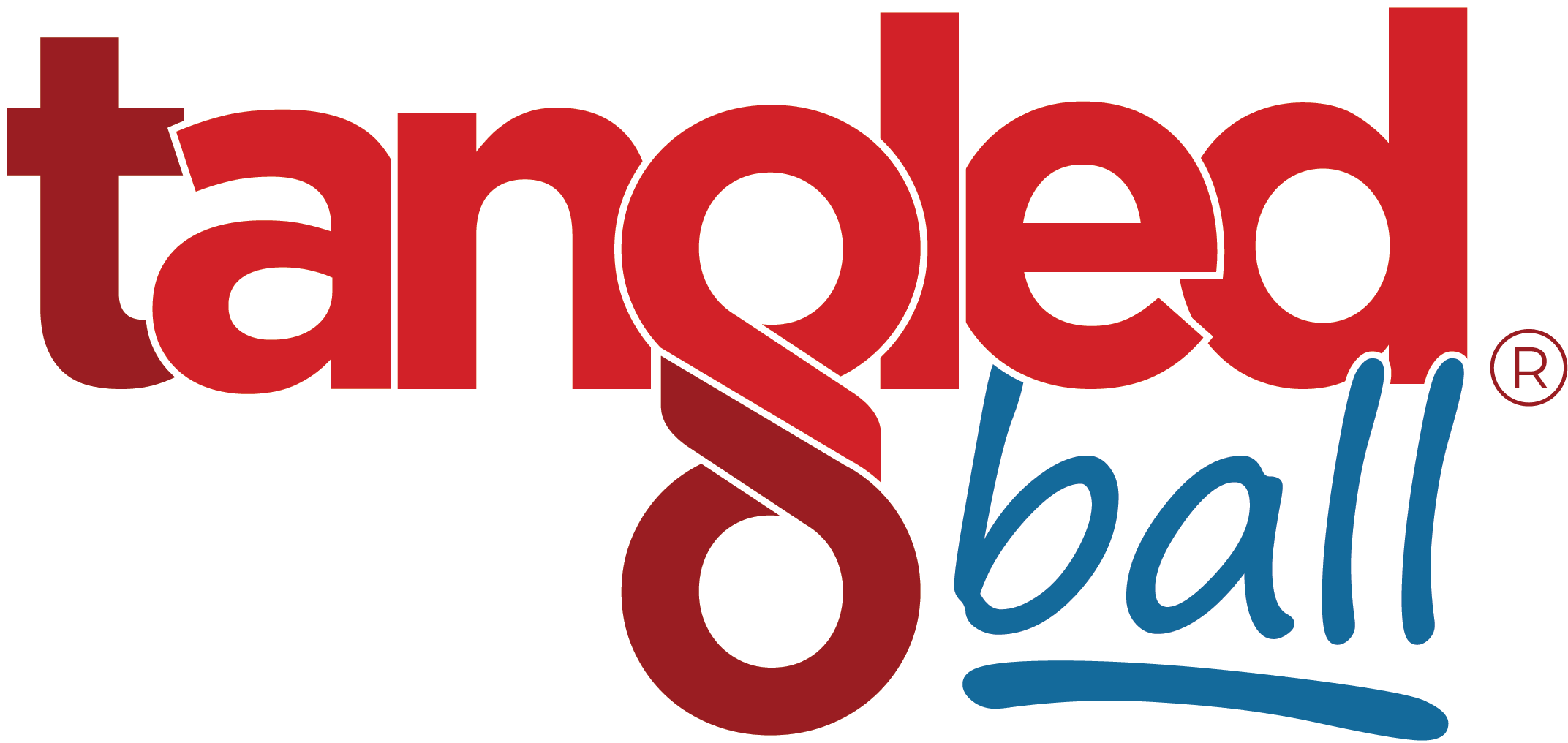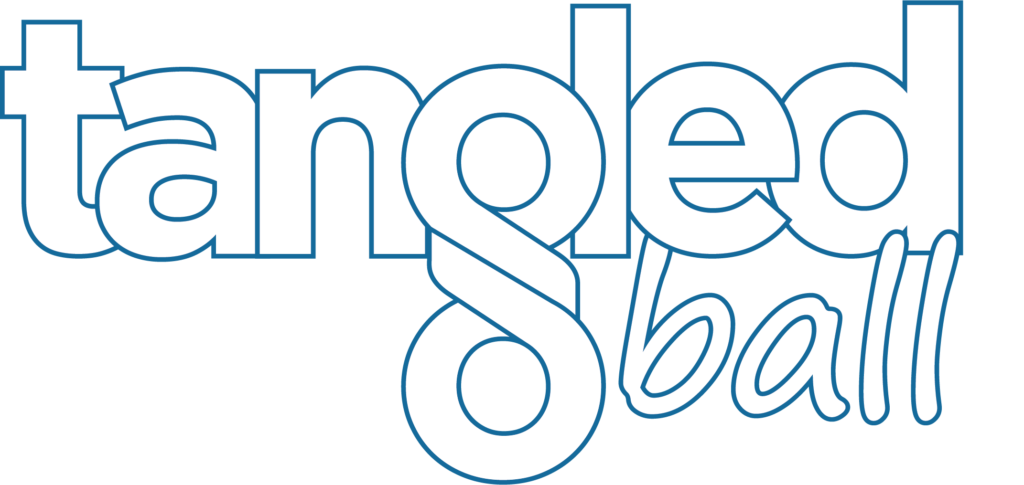You don’t have to be “powerful” to stand up. Standing up will change you, change the world, and may even change the bully.
Rick Ackerly, education expert and author of The Genius in Children, offered the above comment on a recent Tangled Ball post regarding Jennifer Aniston’s upstander moment.
I’m so grateful that he did because it really got me thinking about that word “powerful.” As anyone knows who reads this blog, I use the book ONE, by Kathryn Otoshi as the foundation for a mentoring campaign for K-8 schools. Although technically a children’s book, ONE demonstrates that some children seem to naturally know how to step up but others need to be shown. In other words, it’s a teachable skill. Sometimes it’s taught by an adult but my guess is that more often it’s taught by example and by a peer.
Among the many reasons I love this book is that it so beautifully and simply changes the perception that only a few kids in a class are “powerful.” Popularity, charisma, physical strength or aggression are not the only sources of power. Each child, if trained to step up in a way comfortable for them individually, can become empowered. When you see it in action, empowerment is no longer a buzz word. It’s a joy watching kids become very comfortable in their own skin. They seem less self-conscious, more relaxed and quicker to appreciate their own voice.
His comment made me feel hopeful. Since I’m a big fan of hope in general, I reached out to “Mr. Rick,” as he’s known to students, to ask the following question:
When it comes to elementary school-aged children, what’s your definition of ‘powerful’?
My definition of a powerful elementary school child is the same as for all people, i.e someone who is skilled at defining themselves creatively, effectively and gracefully in the world. Since people are defined not only as unique entities but also by their relationships, this self-definition has everything to do with our relationships with others. Since the world is ever-changing, it is a never ending, dynamic process.
A powerful kindergartner is one who comes into the room, ready for the next challenge that their teacher or classmates dish out, someone who will see a project and make it her own whatever the given constraints. One of my favorite Ken Robinson stories is of the kindergartner who is drawing madly at his desk when the teacher comes by and says: “What are you drawing?”
K: “A picture of God.”
T: “But no one has ever seen God.”
K: “They will in a minute.”
This kindergartner is powerful. Following our genius to become our character is the everyday challenge of life from conception to death. It is also the purpose of education. Powerful people take responsibility for their relationships (100%-0, not 50-50), strive to harmonize their desires with those of others, and come across as comfortable in their own skin. For most of my career I have acted as if all people can be powerful like this and have pretty good anecdotal evidence that it’s true.
That’s what I like to hear! “All people can be powerful like this.” They just might need some help starting in Kindergarten.
In future posts, I’ll let you know what Rick said about defining a child as a “bully” or “victim.” Hint: It doesn’t work so well when you’re trying to nurture empowerment.






